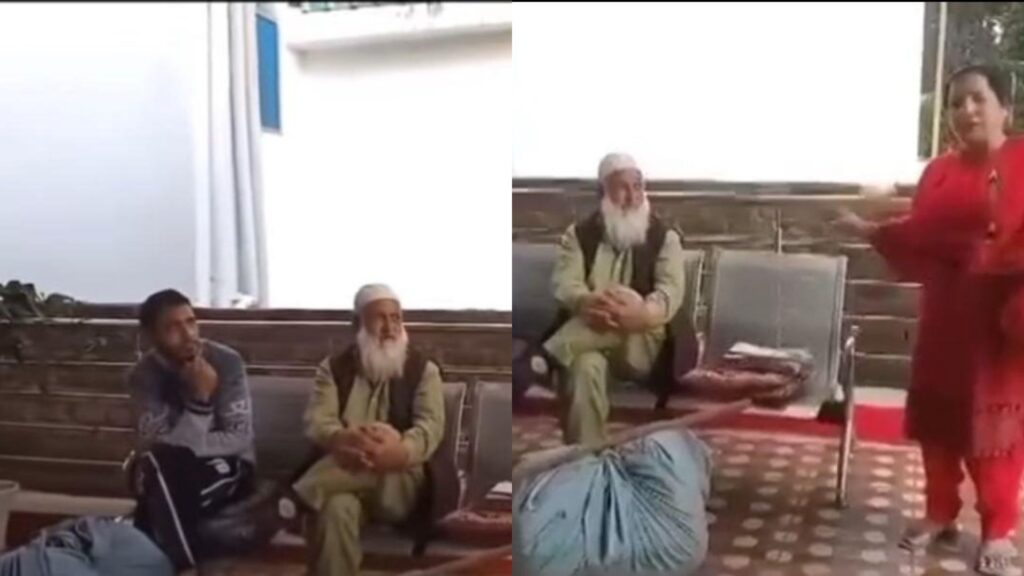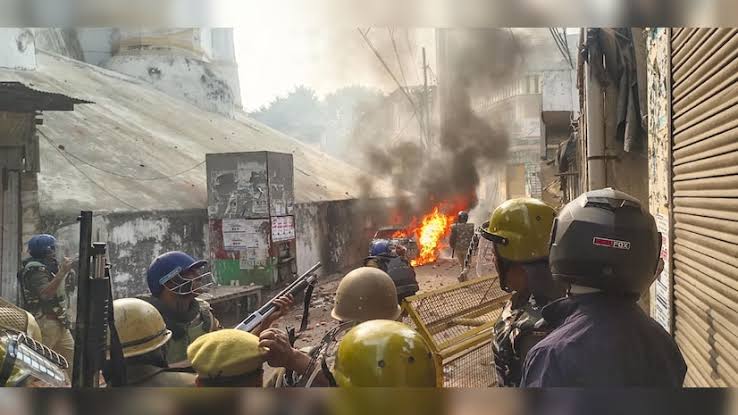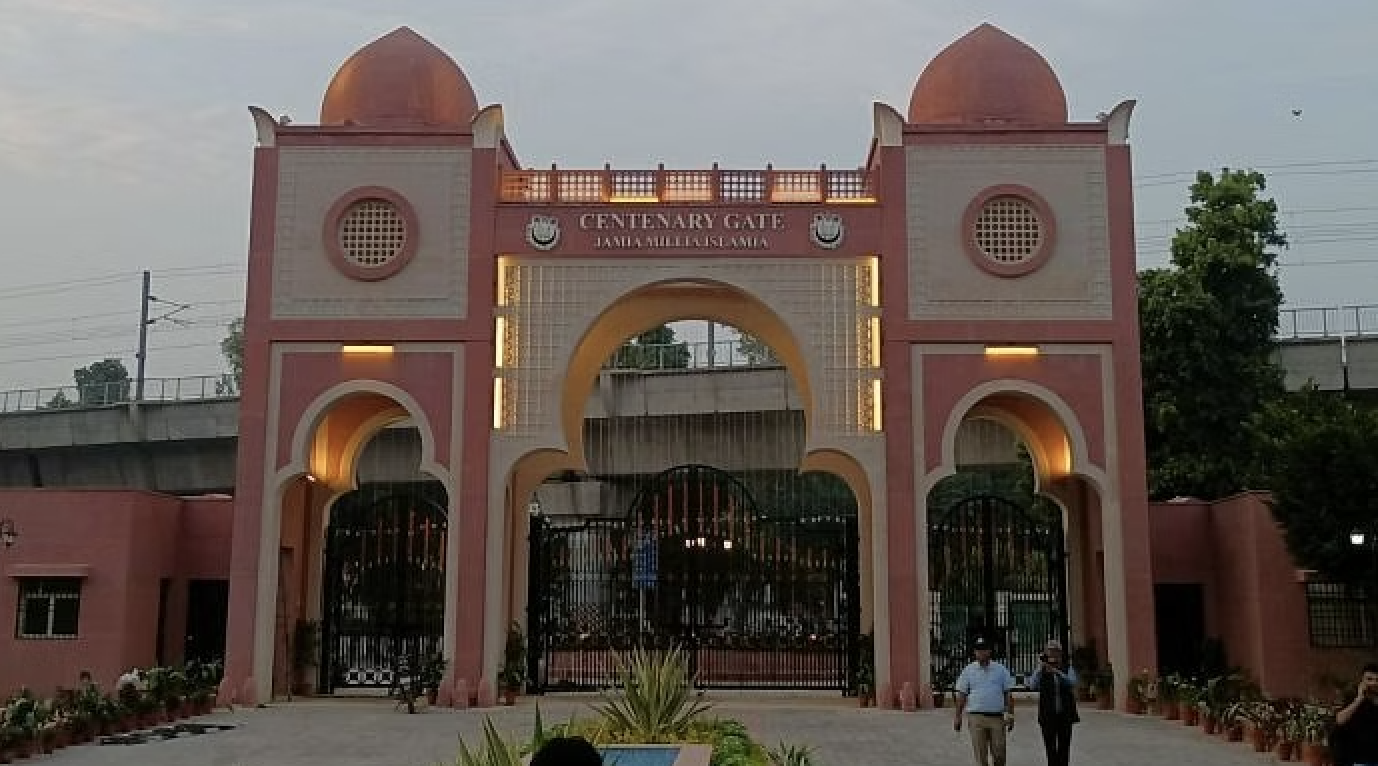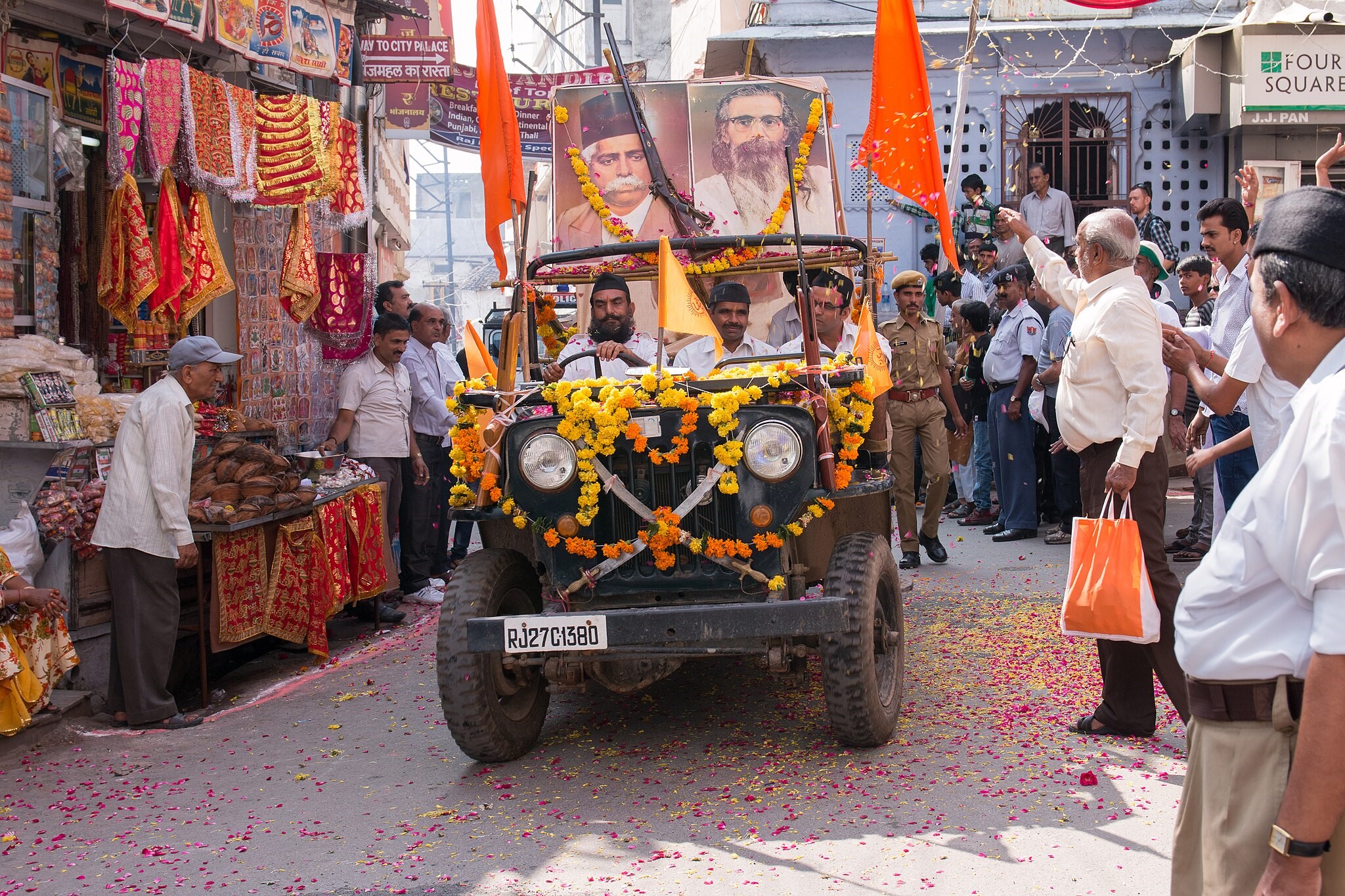
New Delhi: The Union law ministry wrote to the Rajya Sabha secretariat on July 15 to disallow a question by an MP on the “Indian position in [the] Democracy Index,” that was to be answered on July 22, Hindustan Times has reported.
The news comes days after it was reported that the Union government had moved to disallow a question on the Pegasus revelations in the Rajya Sabha, citing that the matter was sub judice even though the scope of the question did not touch upon the issues being dealt with by the Supreme Court petitions.
Trinamool Congress MP Shanta Chhetri had raised a question on India’s position on the The Economist Intelligence Unit’s Democracy Index. The Index had ranked India as a “flawed democracy,” the report said.
This question was due for answer on July 22. However, the law ministry, in a letter to the secretariat of the Upper House wrote that the question is “very sensitive in nature.”
“As per the report of the Economic Intelligence Unit, United Kingdom (the publishing agency), the primary cause of the democratic regression, inter alia, was an erosion of civil liberties and the authorities handling the coronavirus pandemic in the country,” the letter said, according to HT.
The letter also revealed that the Narendra Modi government had, in fact, attempted to engage with the Economist Intelligence Unit and was left disappointed when the latter did not reveal what the government asked for.
“This ministry made efforts to establish contacts with the said publishing agency to know the methodology adopted by it and the sample size considered by it to arrive the said rankings. However, the said agency is not willing to divulge the required information,” the law ministry’s letter to the Rajya Sabha secretariat said.
“Further, these ranking were arrived by independent studies without consulting any government agencies,” it also noted.
While the HT report notes that EIU did not respond to the newspaper’s questions, the online copy of the report contains a tweet from the chief economist at the EIU, Simon Baptist, who notes that for “obvious reasons”, the study does not consult a government once the scores are arrived at.
In the same letter to the Rajya Sabha secretariat, the Union government which had paragraphs also called the question “very sensitive,” referred to the same matter as “trivial.”
“…As such it is very difficult to this ministry to answer the said question because it involves information on trivial matters and raises matters not under the control of bodies or persons not primarily responsible to the Government of India subject matter of the question. Hence, in terms of the rule 47 (xv) and 47(xviii) of the Rules of the Procedure and Conduct of Business in the Council of States, it appears this question is inadmissible. The above facts may please be placed before the Hon’ble Chairman to decide the admissibility of the question. This Ministry has no objection to the above facts being conveyed to the Hon’ble Member,” the letter, quoted by HT, added.
HT finds that EIU’s Democracy Index has as many as 60 indicators which are categorised under various heads of “pluralism, civil liberties and political culture.”
Regimes are slotted into four types: full democracies, flawed democracies, hybrid regimes and authoritarian regimes. As mentioned above, India was the second, according to the study.
An expert HT quotes echoes Baptist in the assertion that most aspects of the EIU’s methodology are in the public domain, as are those used by V-Dem and Freedom House.
As The Wire has reported, the 2020 ‘Democracy Report’ by the Sweden-based V-Dem Institute had observed that India is on the verge of losing its status as a democracy due to the severely shrinking of space for the media, civil society and the opposition under Prime Minister Narendra Modi’s government.
In its response to a recent report by US non-profit organisation Freedom House that claimed India’s status as a free country has declined to “partly free”, the Narendra Modi government had said that the characterisation is “misleading, incorrect and misplaced”.
India, HT had earlier reported, was attempting to watch indices and similar studies and “work on improving rankings.”
This story first appeared on thewire.in




